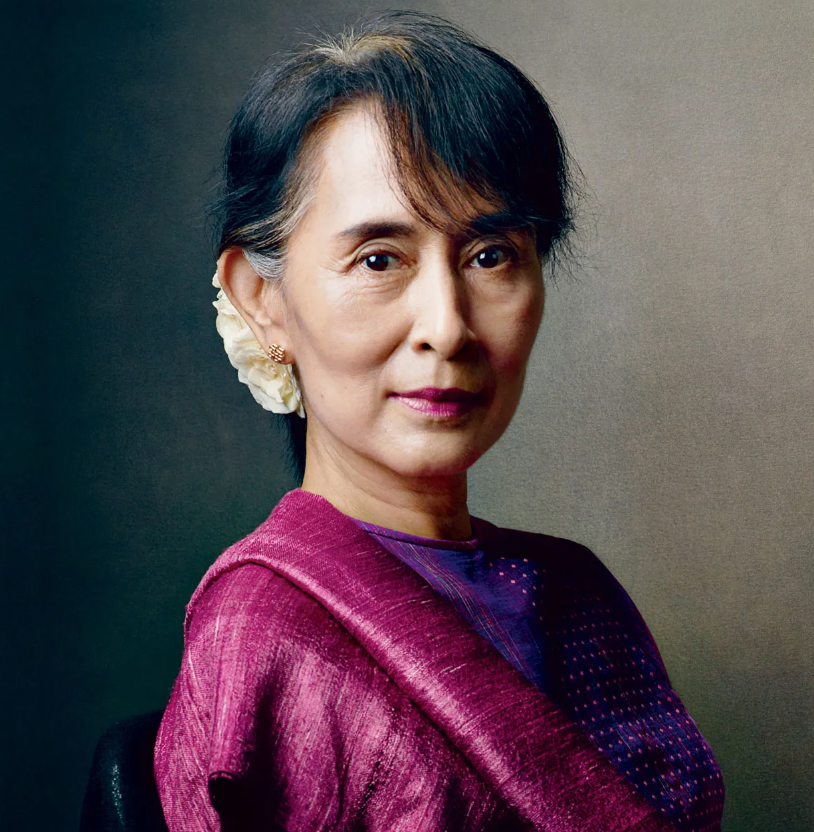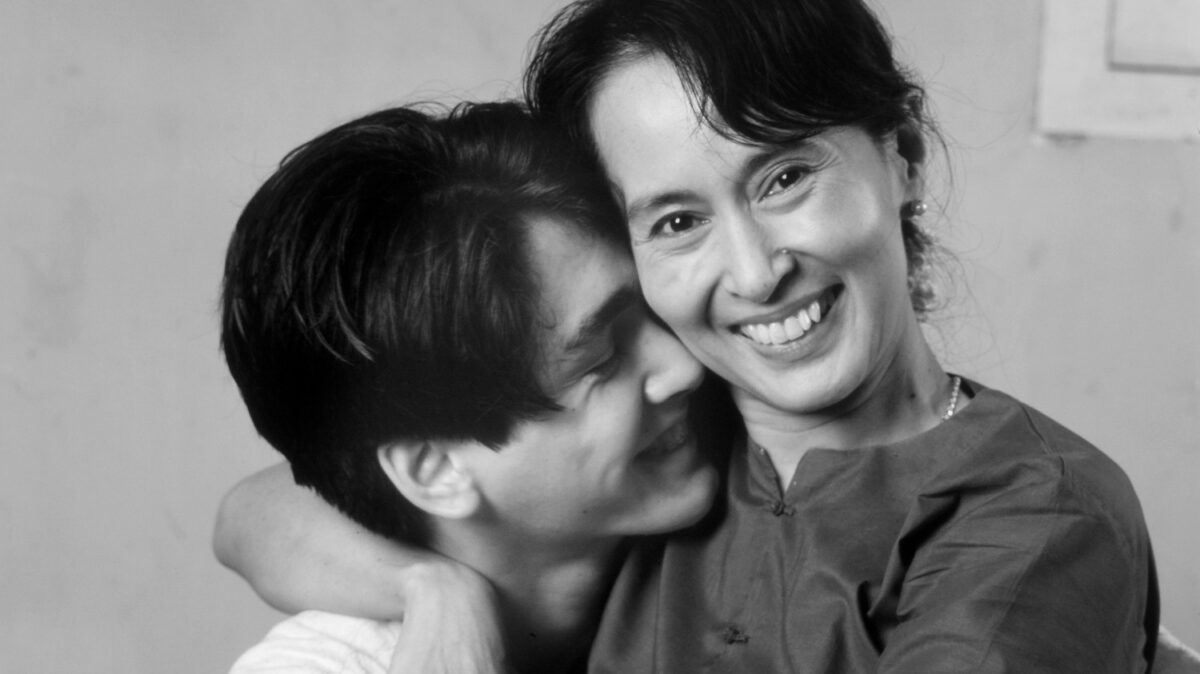Table of Contents
In a crackdown by Myanmar’s military regime, authorities have arrested 22 individuals in Mandalay for commemorating the birthday of the imprisoned democracy leader Aung San Suu Kyi, according to reports from local media on Wednesday. The arrests are seen as part of the junta’s ongoing efforts to suppress any public display of support for the Nobel laureate.
Symbolic Gestures Lead to Arrests

On Suu Kyi’s 79th birthday, which fell on Wednesday, a group of people in Mandalay—the country’s second-largest city—were detained for posting pictures of themselves with flowers in their hair, a style famously associated with Suu Kyi. The report from Eleven Media cited an anonymous official who confirmed the arrests.
Other local media outlets indicated that approximately a dozen more people were taken into custody in central Myanmar for either wearing flowers or praying with them in public. These simple acts of tribute have been interpreted by the junta as subversive, reflecting the heightened sensitivity of the regime to any form of protest or solidarity with Suu Kyi.
Health Concerns and Political Repression
Aung San Suu Kyi has been under military detention since her government was overthrown in a coup in 2021. Her continued imprisonment has raised international concerns, particularly regarding her health. Suu Kyi’s son, Kim Aris, expressed his worry about her well-being in an interview with AFP, highlighting her health issues amid the severe conditions of her detention.

“My mother’s many years under house arrest might have prepared her for her current isolation,” Aris said, “but given her age and ongoing health problems, I am concerned about her circumstances.” Suu Kyi has been largely out of the public eye since the coup, seen only in occasional state media images during court appearances.
Controversial Sentencing and International Response
Suu Kyi is serving a 27-year sentence after a trial that many rights groups and international observers have condemned as a sham. The trial, overseen by a junta court, has been criticised for its lack of transparency and fairness, aimed at permanently sidelining Suu Kyi from the political landscape.
Her detention has sparked widespread condemnation from foreign leaders and diplomats, who have repeatedly called for her release and sought to meet with her, all requests that have been rebuffed by the military regime. Despite this, the junta remains steadfast in its actions, reflecting its broader strategy to maintain control and silence dissent.
Public Support and Continued Defiance
Despite her imprisonment and the junta’s efforts to erase her influence, Aung San Suu Kyi remains a deeply popular and revered figure in Myanmar. Supporters have found subtle ways to show their solidarity, such as the recent flower-wearing gesture that led to the latest arrests. Local media reported that during her months-long trial, Suu Kyi experienced health issues, including dizzy spells and vomiting, compounded by the harsh conditions of her confinement.
In April, the junta claimed that Suu Kyi had received “necessary care” amid soaring temperatures in Naypyidaw, where she is believed to be held. However, this assertion has done little to alleviate concerns about her treatment and the overall human rights situation in Myanmar.
The arrests of these 22 individuals for celebrating Aung San Suu Kyi’s birthday underscore the ongoing repression in Myanmar. The junta’s actions reflect its determination to quash any form of dissent and to isolate Suu Kyi from her supporters. As the international community continues to call for her release, the situation remains a poignant reminder of the struggle for democracy and human rights in Myanmar.



